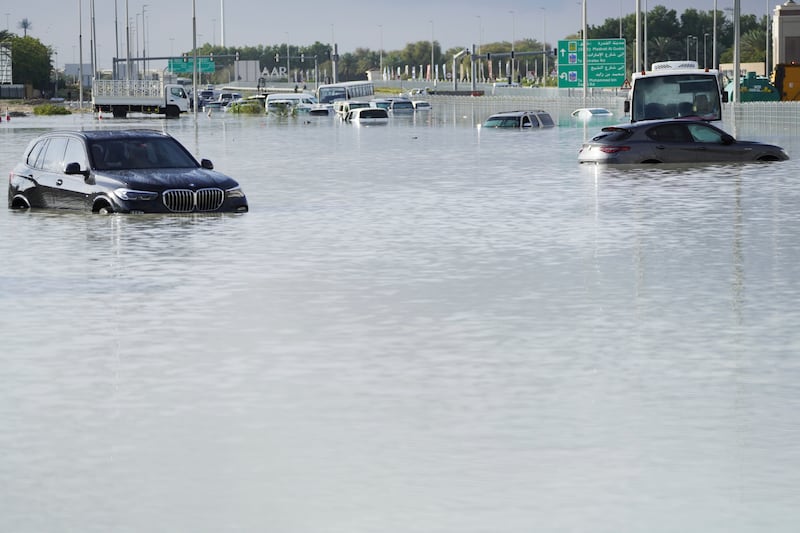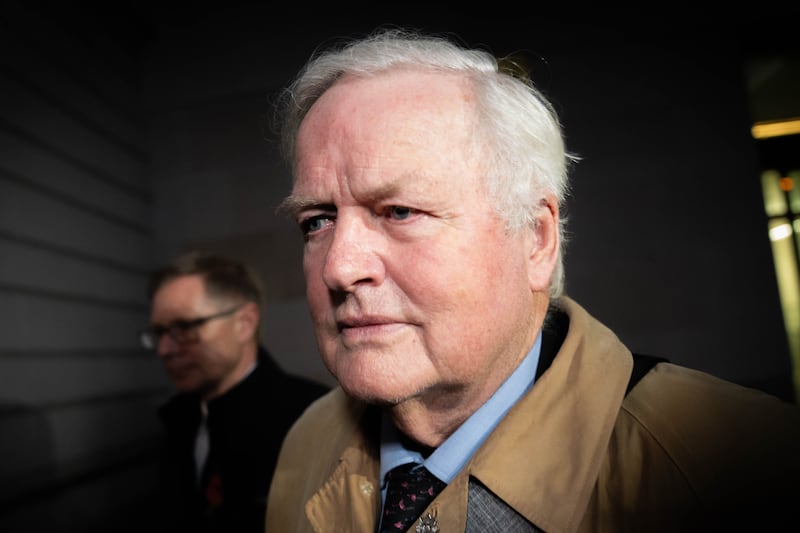Chinese President Xi Jinping reiterated calls for the establishment of an independent Palestinian state and promised more humanitarian aid for people in Gaza as he opened a summit with leaders of Arab states in Beijing on Thursday.
“Since last October, the Palestinian-Israeli conflict has escalated drastically, throwing people into tremendous suffering,” he said in a speech opening the China-Arab States Cooperation Forum. “War should not continue indefinitely.”
He called for an international peace conference for resolving the Israel-Hamas war and pledged 500 million yuan (£54.2 million) in humanitarian aid for Gaza. He also promised to donate 3 million US dollars (£2.4 million) to a United Nations agency that provides assistance and relief to refugees of the Israel-Hamas war.

Beijing and the Arab states support Palestinians in the conflict, where Israel is facing growing international condemnation after its strike in the southern Gaza city of Rafah at the weekend, in which at least 45 people were killed. The overall Palestinian death toll in the war exceeds 36,000, according to the Gaza Health Ministry.
Beijing has long backed Palestinians and denounced Israel over its settlements in the occupied territories. It has not criticised the Hamas attack on October 7 – which killed about 1,200 Israelis – while the United States and others have called it an act of terrorism. However, China has growing economic ties with Israel.
Egyptian President Abdel-Fattah el-Sissi, who spoke at the opening ceremony, praised China for supporting an immediate ceasefire in Gaza and the establishment of an independent Palestinian state.
“I call on all active actors of the international community to assume their moral and legal responsibilities to stop the outrageous Israeli war,” he said.
“I further urge the international community to take immediate and decisive action to enforce the instantaneous and unfettered delivery of humanitarian aid and assistance to the Gaza Strip to break the Israeli siege and counter any attempts to forcibly displace the Palestinians from their lands.”
Besides addressing the war, the Chinese leader also called on Arab states to deepen co-operation in areas such as trade, clean energy, space exploration and healthcare.

The summit, attended by heads of state from the United Arab Emirates, Bahrain and Tunisia among others, is set to focus on China’s expanding trade ties and on security concerns related to the Israel-Hamas war.
“China’s priorities in the region are primarily economic,” said Maria Papageorgiou, a lecturer in politics and international relations at University of Exeter. “It wants to continue the momentum established in recent years with Gulf states and expand its investments, particularly in trade, technology (5G networks), and other cyber initiatives.”
Additionally, China wants to present itself as an alternative to the West and a more credible partner to the region, one that does not interfere in the nations’ domestic affairs nor exert pressure, Ms Papageorgiou said.
Mr Xi and Mr el-Sissi had a bilateral meeting on Wednesday, during which they signed a series of co-operation agreements in areas such as infrastructure, technology and food imports meant to strengthen their ties.
China has invested billions of dollars in Egyptian state projects, including a Suez Canal economic zone and a new administrative capital east of Cairo.
Investments between Egypt and China amounted to around 14 billion US dollars (£11 billion) in 2023, compared with 16.6 billion dollars (£13 billion) in 2022, according to Egypt’s statistics agency.
Also at the forum are Tunisia’s President Kais Saied, Emirati President Sheikh Mohammed bin Zayed Al Nahyan and Bahrain’s King Hamad.

The China-Arab States Cooperation Forum was established in 2004 as a formal dialogue mechanism between China and Arab states.
China is Tunisia’s fourth-largest trading partner after Germany, Italy and France. Beijing has financed hospitals and sports complexes in Tunisia, and its companies have been contracted to build strategic infrastructure such as bridges and deep-water Mediterranean ports.
The UAE also has expansive, growing economic relations with China and has faced US criticism for an alleged Chinese military facility being built in Abu Dhabi.
Besides China’s expansive trade ties in the Middle East, it has increasingly sought to play a diplomatic role in the region.
In 2023, Beijing helped broker an agreement that saw Saudi Arabia and Iran re-establish diplomatic relations after seven years of tension in a role previously reserved for longtime global heavyweights like the US and Russia.








